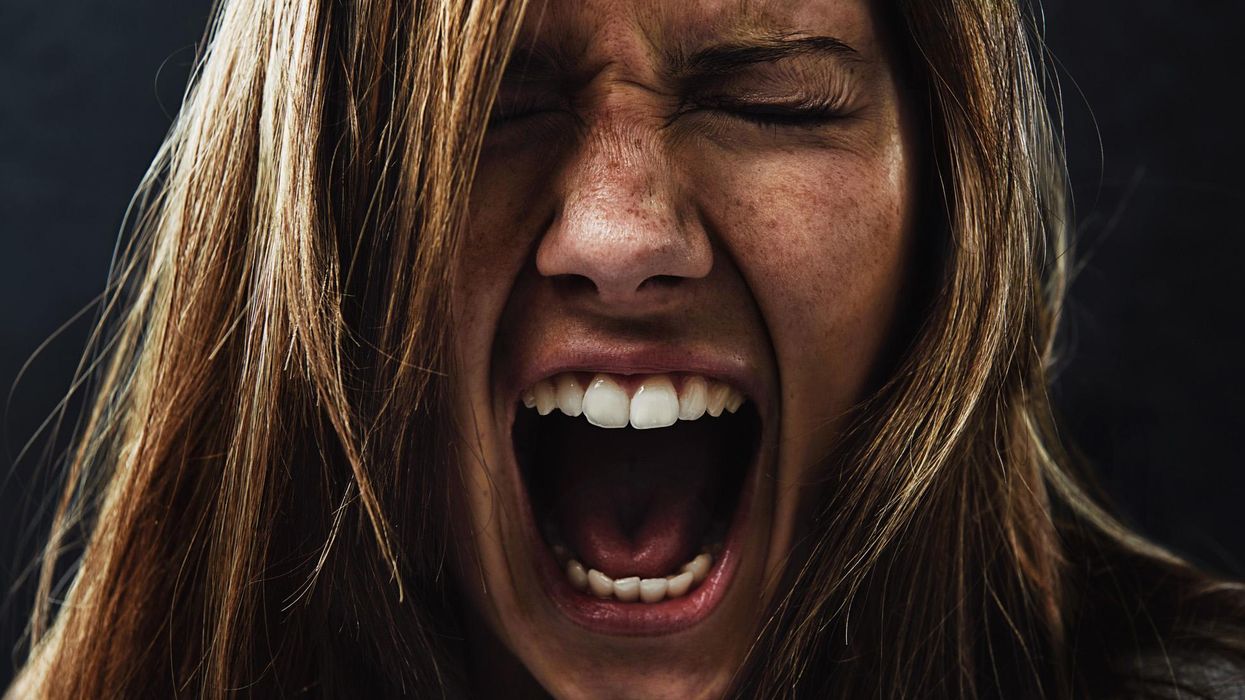Indy100 Staff
Mar 14, 2017

Picture:
iStock/Getty images
Men and women's brains respond differently to opioid pain medication (like morphone or vicodin), science says.
A recent study by Georgia State University researchers found that resident immune cells in female brains are more active in regions involved in pain processing that in male brains.
The research, published in the Journal of Neuroscience, found that when the brain's resident immune cells (microglia) were blocked, female response to pain medication improved and matched the levels of pain relief most often seen in males.
Hillary Doyle, a graduate student in the Murphy Laboratory in the Neuroscience Institute of Georgia State said:
Indeed, both clinical and preclinical studies report that females require almost twice as much morphine as males to produce comparable pain relief.
Our research team examined a potential explanation for this phenomenon, the sex differences in brain microglia.
Microglia survey the brain in healthy individuals, looking for signs of infection or pathogens. Morphine, in the absence of pain, can be seen as a pathogen and activates the brain's immune cells, causing the release of inflammatory chemicals such as cytokines.
The disparity between genders in terms of microglia activity, may explain some of the higher incidence rates for various chronic pain syndromes in women.
Dr. Anne Murphy, co-author on the study and associate professor in the Neuroscience Institute at Georgia State, said:
The results of the study have important implications for the treatment of pain, and suggests that microglia may be an important drug target to improve opioid pain relief in women.
More: This is what happens when men are subjected to the pain of childbirth
Top 100
The Conversation (0)












